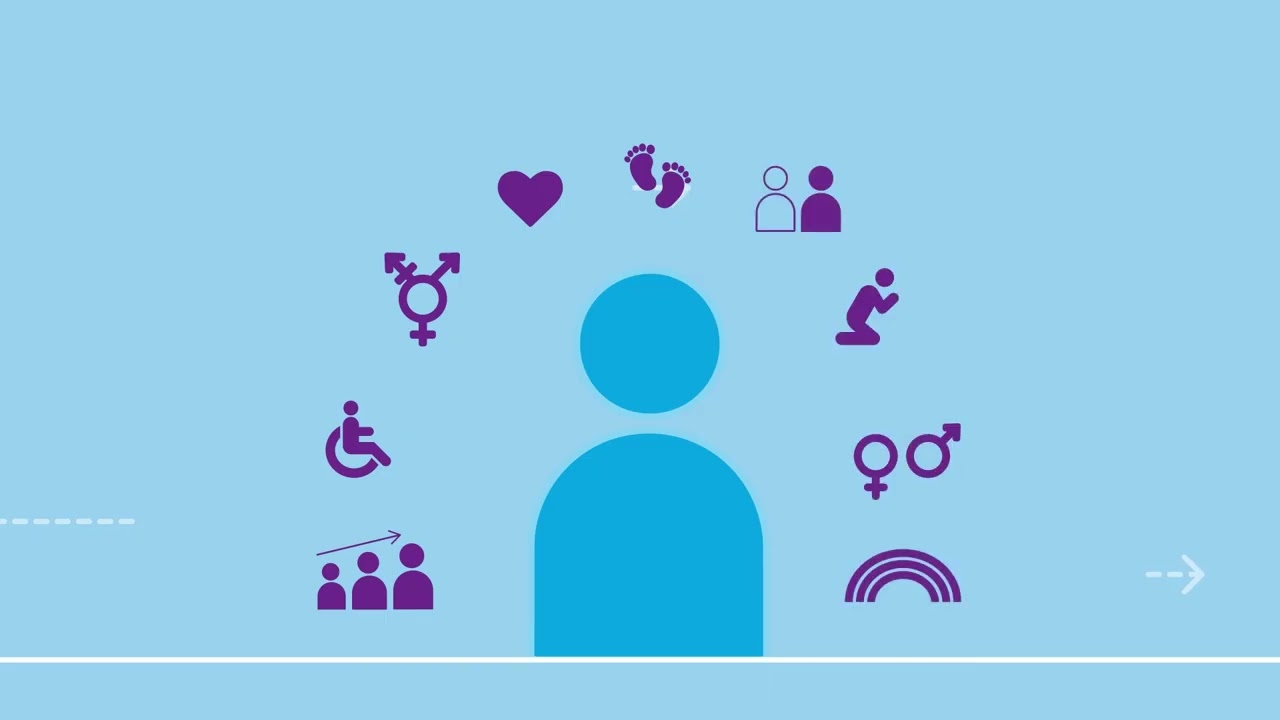Harassment and Sexual Misconduct

This is the single comprehensive source of information for the University which sets out our policies and procedures on subject matter relating to incidents of harassment and/or sexual misconduct.
This page contains references to harassment and sexual misconduct which may be distressing or harmful to some readers.
You can exit the page quickly by returning to our homepage.
If you are affected by any of the information and would like support, please contact studentservices@chester.ac.uk or call 01244 511 550 (opening hours: Mon-Thu: 9am - 5pm and Fri: 9am - 4pm)
As part of our commitment to maintaining a safe environment for our staff and students, we require all students to undertake our informative and helpful training on harassment and sexual misconduct. Once enrolled as a student, using your university login details, you will have access to our interactive training, and you should complete this prior to arrival. Students at higher education institutions across England are now required to complete training on harassment and sexual misconduct.
At the University of Chester, we believe that all members of our community deserve to feel safe and respected. We aim to create a safe and inclusive environment, where all forms of unacceptable behaviours are not tolerated – however, we must work together to achieve this goal.
Unacceptable behaviour can include harassment, sexual misconduct, domestic abuse, hate crime, discrimination, and bullying.
We actively work to create a culture of respect for all by raising awareness of what constitutes unacceptable behaviour, how students can report such behaviours, and where students can receive our support if they experience or witness behaviour that contravenes our Student Code of Conduct.

The Student Code of Conduct explained
Within the Student Code of Conduct we state:
Under no circumstances will the University tolerate any behaviour that amounts to an offence against a person including, but not limited to, assault, sexual assault or sexual violence, domestic violence or discrimination or harassment of any kind, whether verbal or physical and in any form or medium, including in any online space or context.
The University also has a Dignity and Respect Policy.
This policy reaffirms the University’s stance on forms of harassment and sexual misconduct as informed by the Protection from Harassment Act 1997 and the Equality Act 2010.
We have developed these web pages to provide you with clear and concise information that is specific to harassment and sexual misconduct. You can also find general information on student discipline on our website.